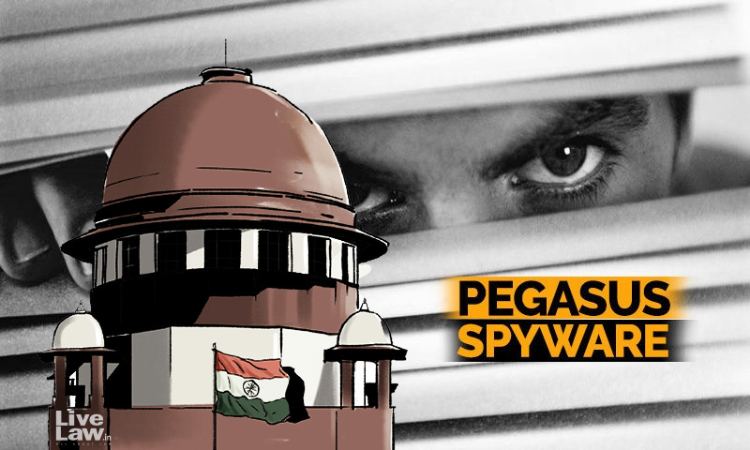Protection Of Journalistic Sources A Basic Condition For Freedom Of Press : Supreme Court In Pegasus Case
Aaratrika Bhaumik
27 Oct 2021 1:18 PM IST

Next Story
27 Oct 2021 1:18 PM IST
The Supreme Court on Monday ordered the constitution of a 3-member independent expert committee to probe into the allegations of widespread and targeted surveillance of activists, journalists, politicians and constitutional authorities using the Pegasus spyware. The committee will be headed by former Supreme Court judge Justice RV Raveendran.A Bench comprising the Chief Justice of India...
